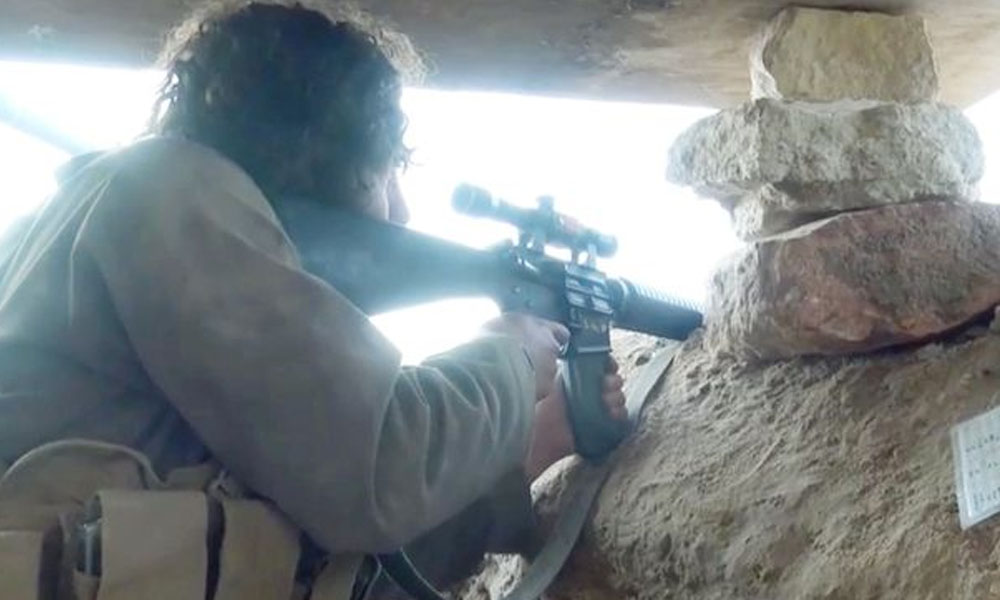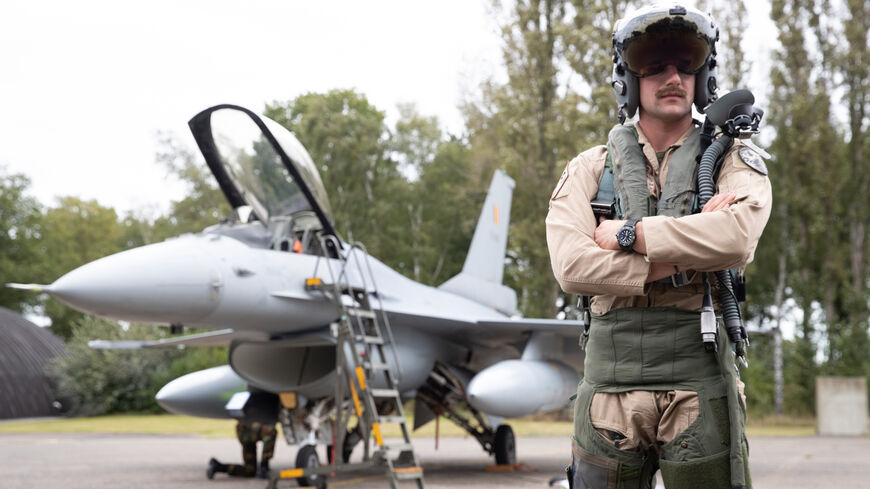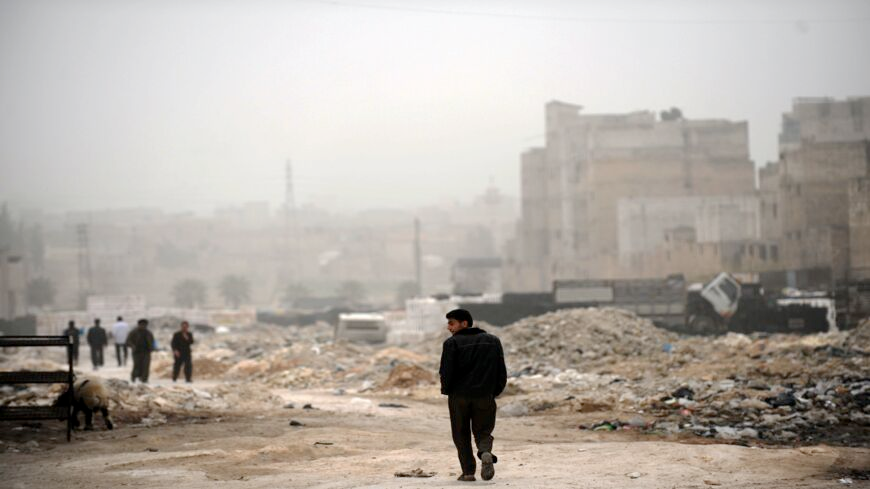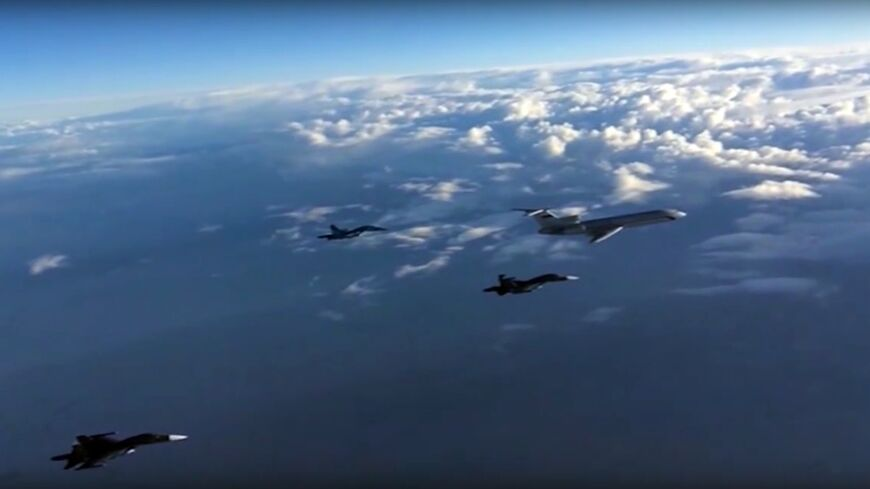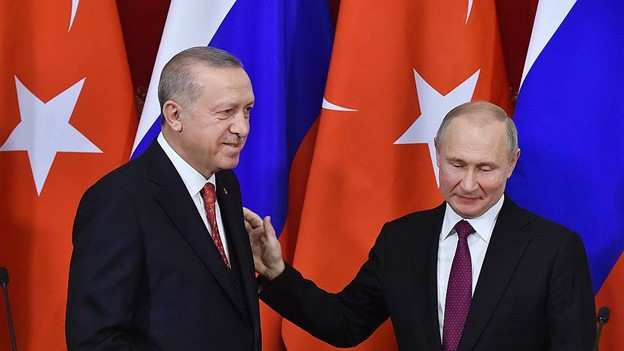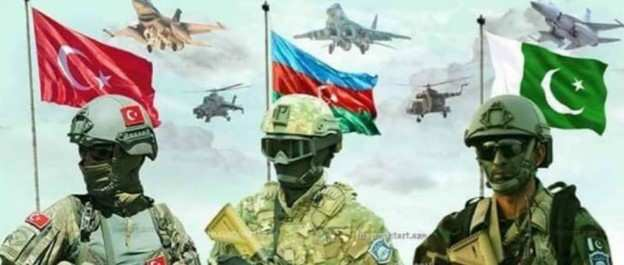Russia Is No Mideast Superpower
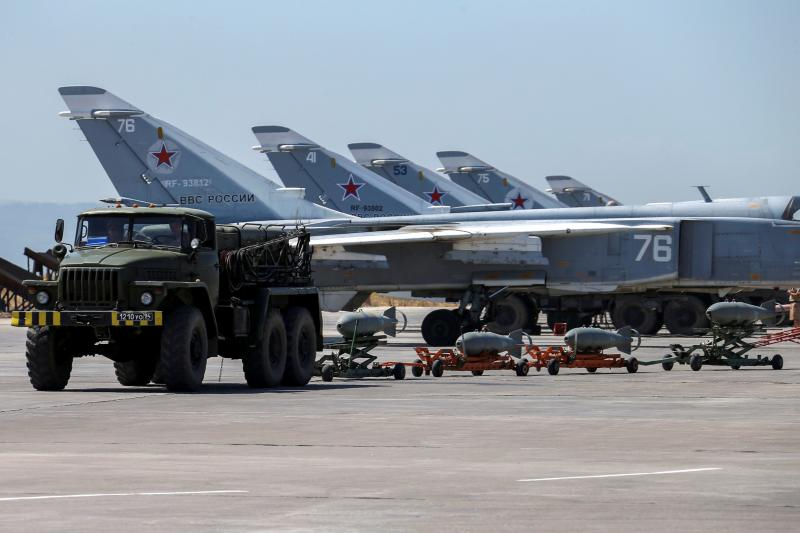
Washington Shouldn’t Overhype the Threat From Moscow
The Russian Ministry of Defense pulled out all the stops for its annual arms expo outside Moscow in late August. For three days, defense ministers and dignitaries from 41 countries, including from the Middle East, were treated to exhibits of cutting-edge technology, live-fire demonstrations, ballerinas pirouetting on tank turrets, and the trailer for an action movie about the 2015 rescue of downed Russian pilots behind enemy lines in Syria.

